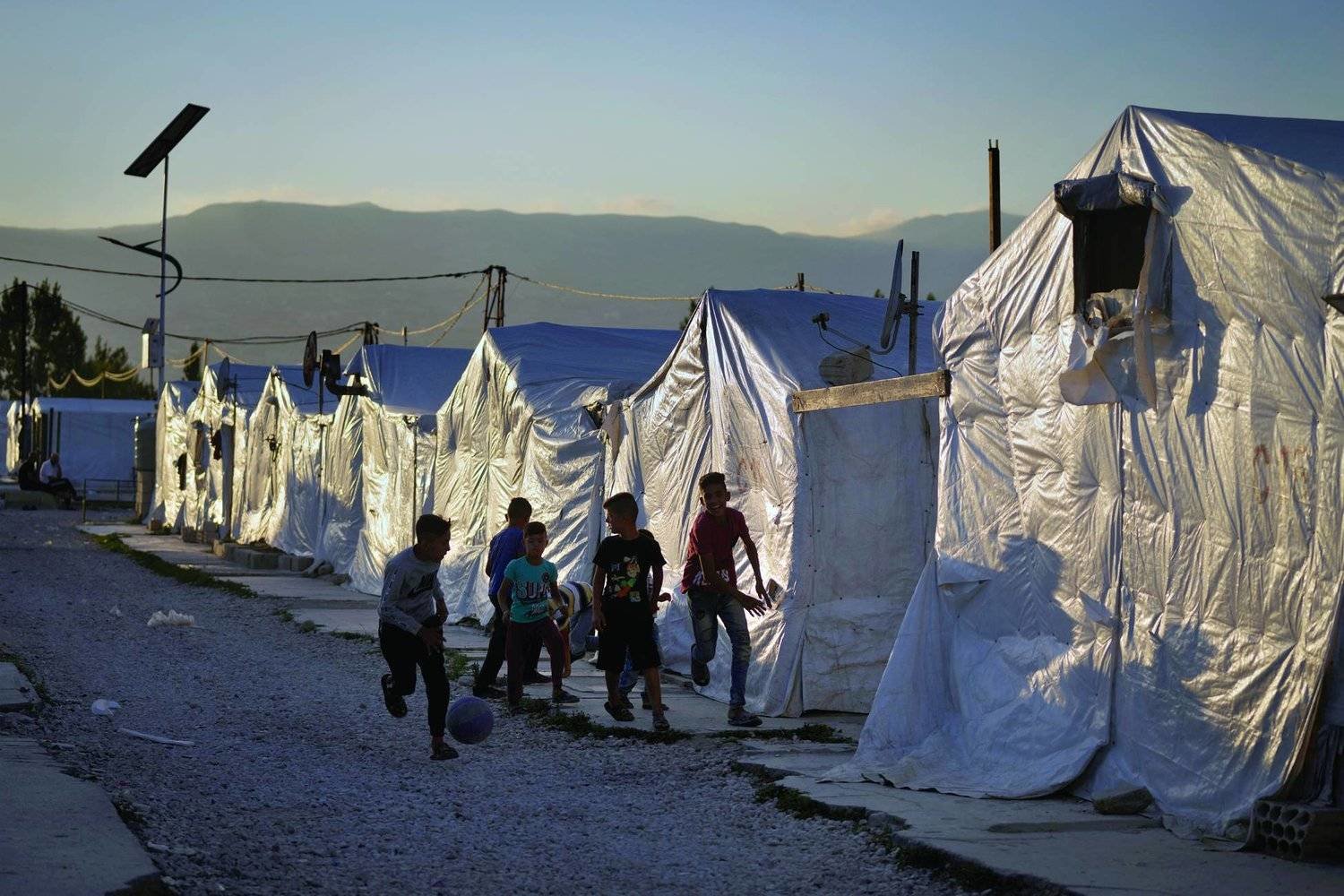On Wednesday, Syrian workers in the agriculture and construction sectors initiated a week-long strike in the Western and Central Bekaa regions, as well as the towns of Arsal and Bar Elias.
The strike comes amidst the rise in the number of security raids by the Lebanese Armed Forces and Internal Security Forces, the campaigns of violence by militia groups, and the mounting restrictions by governmental agencies and municipalities.
Early on, a video by Megaphone documenting the impact of the strikes revealed completely empty and closed shops in the areas included in the strike. Entire neighborhoods in the Western Bekaa and Arsal areas appeared deserted in what reveals the critical reliance that specific areas and economic activities have on the Syrian workforce.
Indeed, the construction and agriculture sectors are two areas where Syrians have been historically central for the Lebanese economic model, which is a factor often disregarded in political discourses.
Parliamentary Session Coincides with the Strike
On Wednesday, the Lebanese parliament convened to discuss the latest financial package proposed by the European Union to Lebanon and the displacement crisis.
The four-year one billion euro package focuses primarily on border management and the control of irregular migration, while also dedicating a sum towards education and development activities.
Mirroring similar statements and positions throughout the last several years, the parliamentary session witnessed additional calls for refugee returns and restrictions. Several political groups have urged for immediately deporting illegal Syrian residents, while others criticized the EU’s package as a bribe to keep refugees inside the country.
Amidst recent reports of Syrian returnees dying and facing torture and other forms of violence at the hand of Syrian regime forces, interventions in the parliamentary sessions largely disregarded all forms of human rights considerations, as well as all forms of political economy planning for durable solutions.
The Absence of Sustainable Policy Planning
Beyond general calls for the deportation of Syrian refugees and vague political statements, the sessions witnessed a complete lack of sustainable solutions for the root of the country’s socio-economic crisis: the dominant political economy model.
On one hand, productive and manual labor-heavy sectors such as agriculture and construction remain disregarded in favor of rentier trends of policymaking.
Indeed, both areas have been extremely impacted by the recent Israeli aggressions and have historically boosted the population’s self-sustenance and livelihood prospects.
Yet, despite such urgency and well-established contributions, both sectors remain neglected on the level of policymakers’ discourse, as well as on the level of state expenditure, budgeting and overall policymaking.
Relatedly, the invisibilization of the importance of these sectors has gone hand-in-hand with the invisibilization of the contribution of Syrians to the country’s overall economy.
Cracking Down on Illegality while Making Legality Inaccessible
Semantically, Lebanese policymakers made sure to differentiate between legal and illegal Syrians in calls for deportation.
What such calls disregard, however, is that the Lebanese state forced the United Nations High Commissioner for Refugees (UNHCR) to stop registering refugees in 2015.
Moreover, the Lebanese General Security recently took additional measures to make it harder for Syrians to obtain residency permits and settle their legal status. This includes canceling some types of residency permits, increasing fees for permits and widening the scope raids and deportation campaigns.
Some exorbitant fees include raising student residence permits 40 times (from LBP250,000 to LBP10,000,000) and raising first class work and second class work residencies to $1,000 and $600 respectively.
Ironically, such measures are bound to increase the rate of informal employment for Syrians across the country, and traps them in a vicious cycle of heightened risks of exploitation and violence.
In the end, both refugee and host populations end up on the losing side of the equation, while political elites and affiliated bankers and business owners profit from ill-monitored European funding, economic exploitation and cheap labor, and a political economy set for the few.


